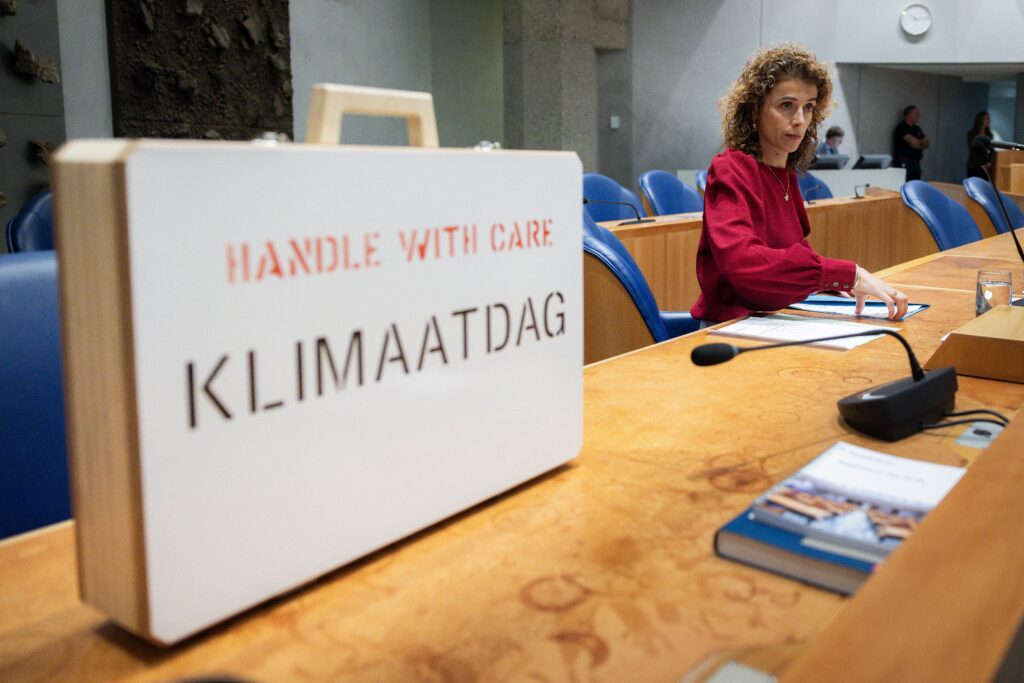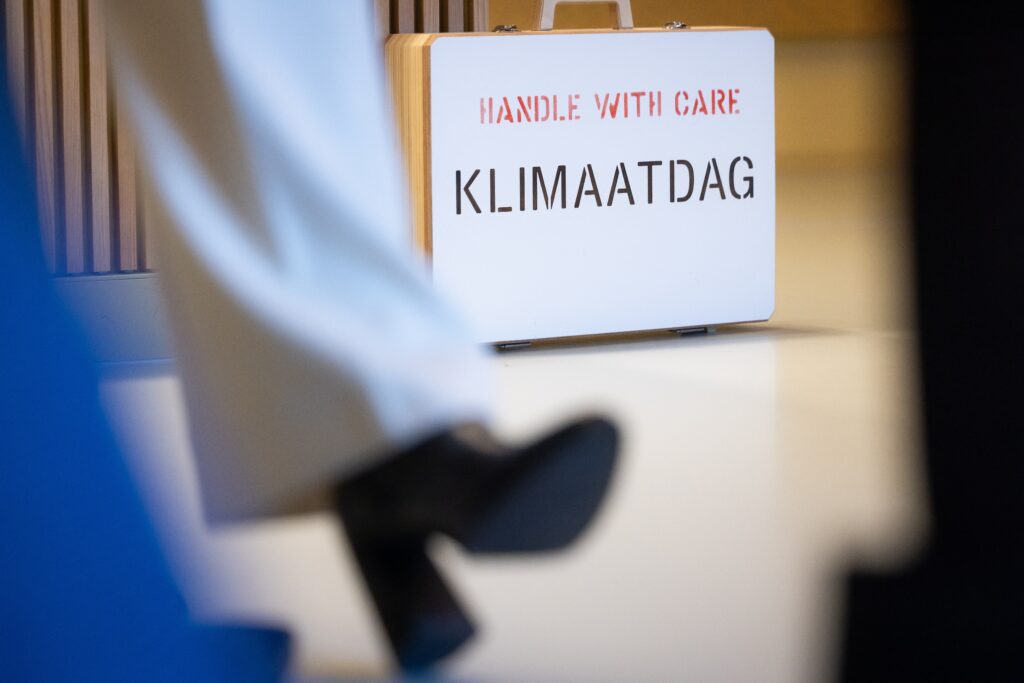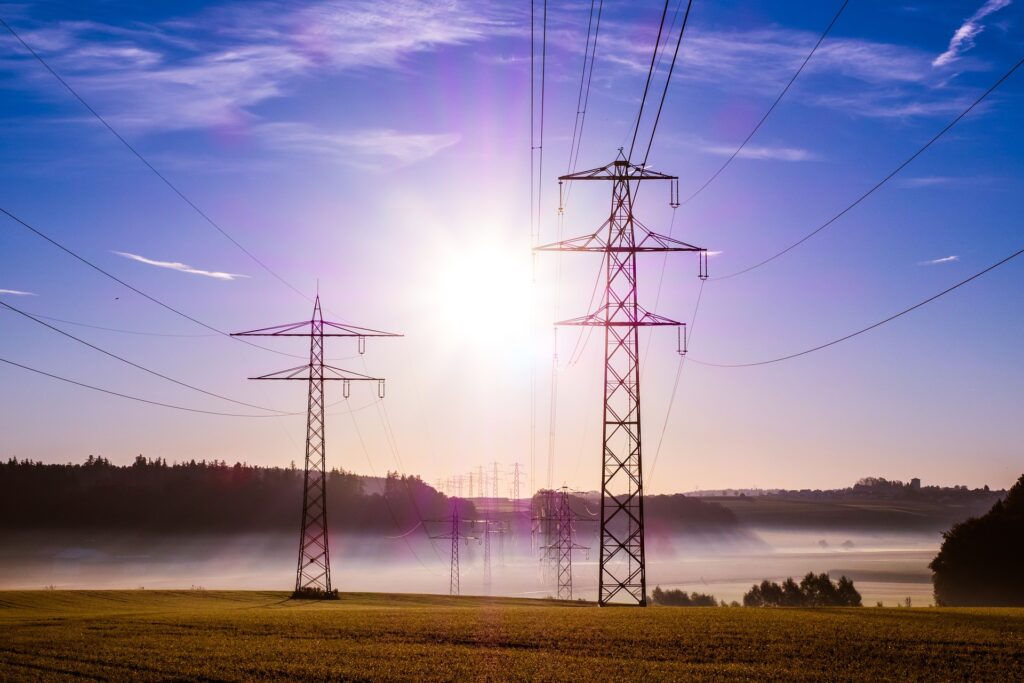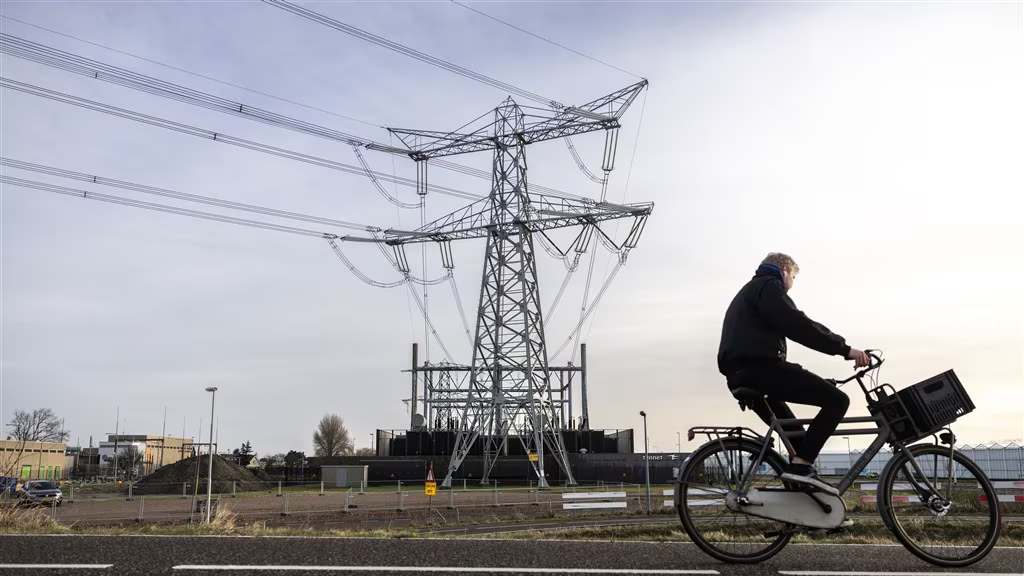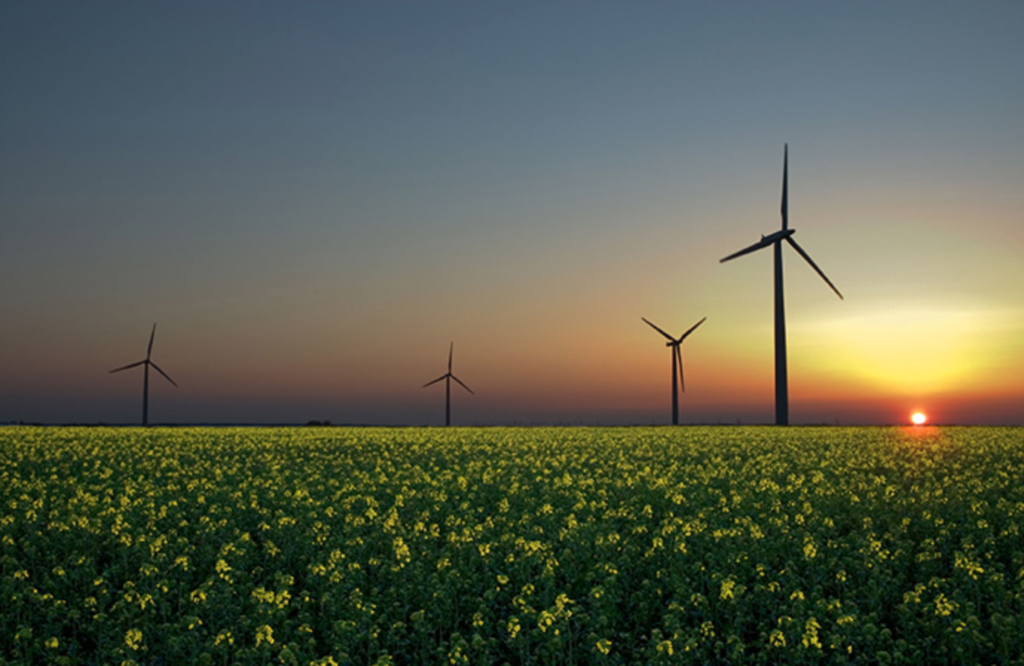Maintaining the input exemption for natural gas power stations
Energie-Nederland emphasizes the importance of maintaining the input exemption for gas-fired power stations. The measure proposed by the government to exempt only part of the natural gas input from tax is questionable. Research by Berenschot, commissioned by the cabinet, has produced the following conclusions:
- Limiting the input exemption creates a double tax on electricity, while double taxes on energy must be prevented according to EU directives.
- Worse competitive position of Dutch gas-fired power stations, resulting in an increase in the burden on the electricity sector by 400 million euros.
- Any increase in electricity generation abroad will lead to an increase in net CO2 emissions, as foreign electricity generation is generally more CO2 intensive.
- Early phasing out of Combined Heat and Power Units (CHPs) and an unfriendly investment climate for controllable gas-fired power stations are essential for security of supply.
- Increased heating costs of CHPs, resulting in more frequent activation of gas boilers and associated CO2 emissions.
Greener electricity production requires flexible use of gas-fired power stations, which means they have to be switched on and off more often. This frequent switching reduces the efficiency of power stations. A gas-fired power plant with an efficiency of 60% (in 2029) is exempt from energy tax for the entire electricity generation. This 60% seems unattainable in this context, which means that all gas-fired power stations in the Netherlands will be affected by this measure.
Chairperson Cora van Nieuwenhuizen: “We must avoid shooting ourselves in the foot: soon our own gas-fired power stations will be turned off and we will be paying for electricity from across the border, while that will also cause more CO2 emissions. That cannot be the intention.”
Abolition of the output exemption for CHPs
Energie-Nederland would like to abolish the output exemption for CHPs. This was also the aim of the 2021 coalition agreement. The current arrangement offers CHPs disproportionate benefits and goes against the agreed greening of electricity production. Abolishing this exemption for CHPs can also ensure more efficient use of gas-fired power stations and environmental benefits.
Conclusion
From the perspective of environmental objectives and the Berenschot study, Energie-Nederland emphasizes the maintenance of the input exemption for gas-fired power stations. And Energie-Nederland advocates for the much more effective measure of abolishing the output exemption for CHPs. The first leads to more emissions, higher consumer prices and reduced security of supply without clear benefits, while the second ensures more efficient use of all Dutch gas-fired power stations.

